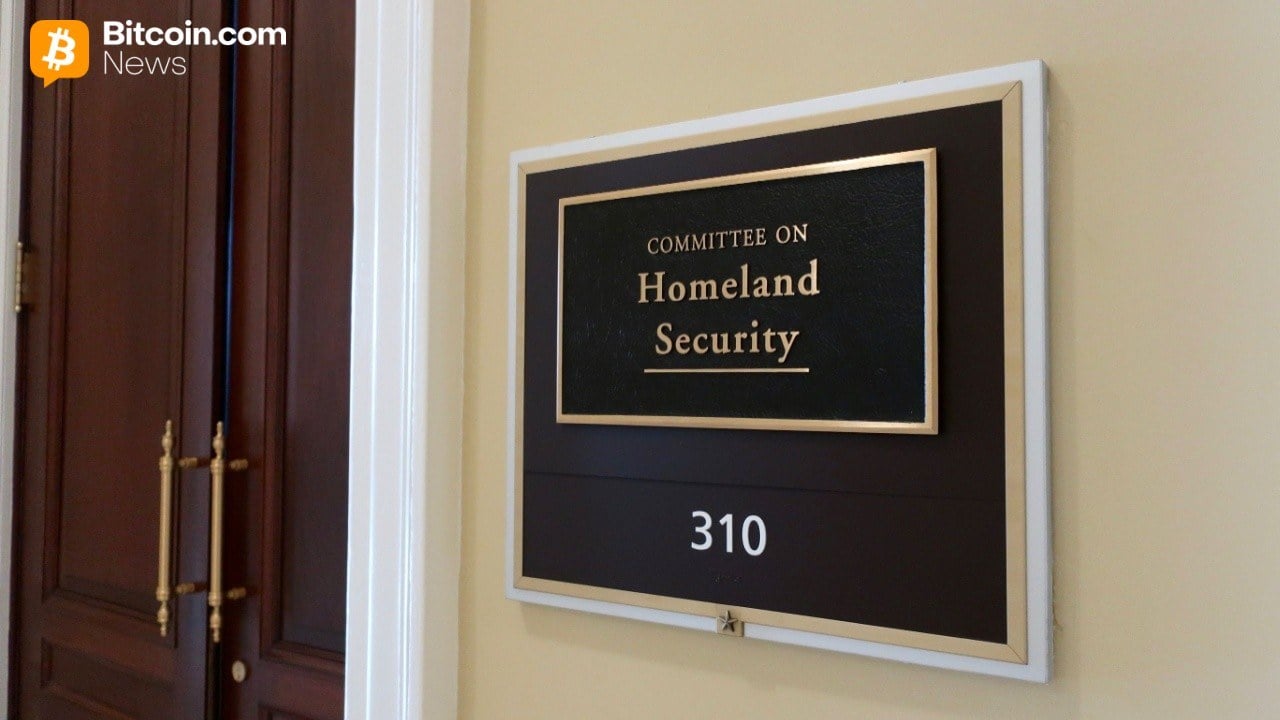by Sydney Freeman, Jr.
iQoncept/Shutterstock
As professors, we navigate a complex era shaped by shifting political landscapes, shrinking respect for academic expertise, and mounting concerns about academic freedom and the future of tenure. There is also the relentless pressure to produce academic publications and secure external funding. For those of us from marginalized backgrounds, these challenges are often compounded by experiences of macroaggressions, systemic racism, and the ongoing need to overly display our value. In this climate, sabbaticals are not just perks — they are lifelines.
I want to speak directly to you, my fellow colleagues, about why you should choose a full-year sabbatical over a semester-long leave, even when the financial and familial hurdles seem insurmountable. I have lived this decision. During the 2024-25 academic year, I embarked on a 14-month sabbatical that transformed my career, my health, and my relationships. It wasn’t easy, but it was worth every sacrifice. I hope my story and the lessons I learned will encourage you to take the leap.
1. Preparation Is Your Superpower
When I first decided to apply for a full-year sabbatical, the thought felt daunting. How would I cover my responsibilities? What about my students, my research lab, my teaching load? The answer was meticulous preparation. I delegated lab management to trusted colleagues, arranged for temporary advisors for my master’s students, and established a system of monthly check-ins with my doctoral students.
If you are considering a full-year sabbatical, preparation is everything. Plan early, communicate with all stakeholders, and set clear expectations. This is not just about logistical readiness — it’s about giving yourself permission to step away fully, knowing the ship won’t sink without you.
2. Family Conversations Are Non-Negotiable
A full-year sabbatical does not just impact you; it impacts everyone connected to you. My wife and I spent months discussing our expectations, goals, and sacrifices. We decided to live with my in-laws to reduce costs, share food and expenses, and allow ourselves financial flexibility to make the sabbatical feasible.
For those with children or other family obligations, conversations will be more complex, but they are still essential. Be transparent about the challenges and invite your loved ones into the planning process. When they understand the vision, they are more likely to support the journey.
3. Financial Sacrifices Are Temporary — The Benefits Are Lasting
Let’s be honest: a full-year sabbatical often comes with a financial hit. My wife and I had just cleared our student loans and were living frugally in campus housing before my leave. To take full advantage of potential time away, I chose not to teach in the summers of 2024 or 2025 which then extended my time away to 14 months. That’s why I describe this time as a 14-month sabbatical. Choosing to approach the summers this way meant losing additional income from summer teaching. Yet I can confidently say that the temporary financial strain was far outweighed by the long-term benefits.
Your mental health, research productivity, and overall career trajectory can soar after an extended break. The refreshed energy, new ideas, and expanded networks you gain will pay dividends for years. Don’t let fear of short-term loss rob you of long-term gain.
4. Be Ready to Pivot — and Give Yourself Grace
When I planned my sabbatical, I envisioned a year filled with prestigious fellowships, book writing, and major grants. None of those things happened exactly as I had planned. Instead, I was forced to pivot, reassess, and embrace the unexpected.
Life will interrupt even the best-laid plans. During my sabbatical, I was also grieving the loss of my father, grandmother, and other loved ones. I realized I needed to prioritize healing over hustle. I had to fight my tendency toward John Henryism — that relentless drive to prove myself at all costs — and allow myself to rest.
Give yourself grace. Your sabbatical is not a performance; it is an opportunity to restore your body, mind, and spirit.
5. Time Is the Greatest Gift
Taking a full-year sabbatical gave me something that a semester leave simply could not: significant time away. Fourteen months away from the classroom allowed me to truly disconnect from burnout and reconnect with my purpose.
Teaching summer classes for extra money had always been my habit, but I consciously chose not to do so in 2024 and 2025. The absence of that extra income was uncomfortable, but the mental clarity I gained was invaluable. The persistent macroaggressions and racelighting I experienced within the academy had taken a toll. The extended time away allowed me to recalibrate in ways a semester leave never could.
6. Prioritize Your Health — You Deserve It
I committed to daily exercise during my sabbatical. CrossFit became my anchor most days a week, and I played basketball with a family member on two days out of the week. The Black-owned CrossFit gym where I trained became a space of empowerment and healing.
I also invested in counseling to help me navigate this new season of life. Too often, we as professors neglect our mental health in the name of productivity. A full-year sabbatical gives you the time to rebuild not just your research portfolio but your physical and emotional well-being.
7. Rebuild Relationships That Work Neglects
For nearly a decade, I lived in rural Idaho, where building a Black community was nearly impossible. My sabbatical in Atlanta — the capital/mecca of Black America — gave me the chance to reconnect with my cultural roots and rebuild relationships that my work schedule had long kept me from nurturing.
I intentionally reached out to academic colleagues, friends, and family members, attending cookouts, birthday parties, and church services. These moments reminded me that life is richer than tenure, publications, and awards. They grounded me in relationships that sustain me far more than any accolade.
8. Location Can Make or Break Your Sabbatical
Where you spend your sabbatical matters. Choose a location that aligns with your professional goals and personal growth. Atlanta provided me with a network of scholars, activists, and cultural experiences that reinvigorated my research on Black communities.
If you can, step away from your home campus. A change in environment sparks creativity, broadens your perspective, and opens new doors.
Why a Full Year Beats a Semester Every Time
You might be wondering, why not just take a semester? After all, it’s easier on the budget and less disruptive to family life. But here’s what I learned:
A semester is a pause; a year is a reset.
A single semester barely gives you time to disengage from the whirlwind of academia before you’re pulled back in. A full year allows for real transformation.
Healing takes time.
Whether you’re recovering from burnout, grief, or years of overwork, healing doesn’t fit neatly into a five-month window.
Big projects require big blocks of time.
If you want to write a book, develop a new research agenda, or reimagine your career path, a year gives you the breathing room to think deeply and produce meaningfully.
My Challenge to You
I know the obstacles are real. Financial limitations, family concerns, and fear of stepping away can feel overwhelming. But I urge you to consider the profound benefits of a full-year sabbatical.
Prepare carefully. Communicate openly. Make the sacrifices. You — and everyone who benefits from your teaching, research, and leadership — will reap the rewards.
Looking back, I can say with certainty that my 14-month sabbatical was not just a break from work; it was an investment in my future. It restored my passion for academia, deepened my relationships, and strengthened my sense of purpose.
You deserve the same. Choose the full-year sabbatical. It might just be the most transformative decision of your career.


























